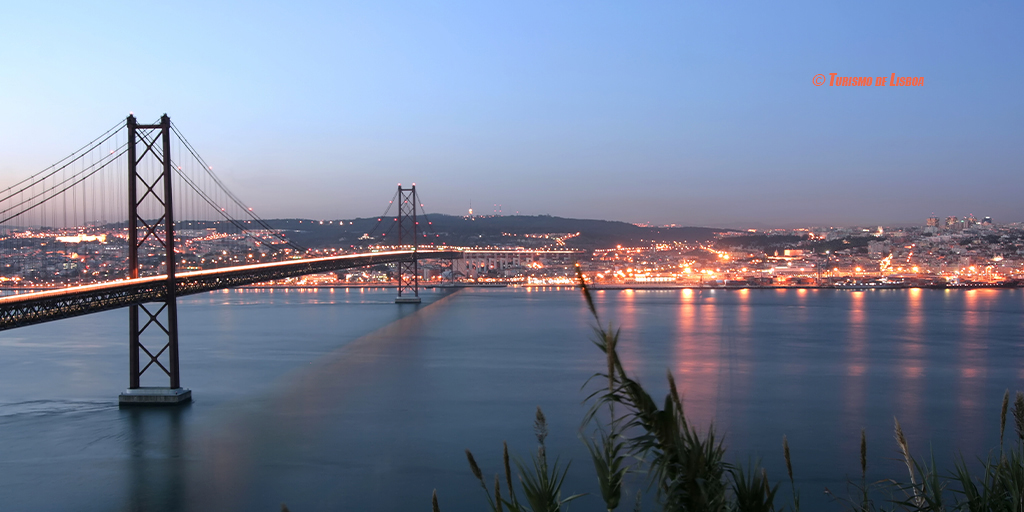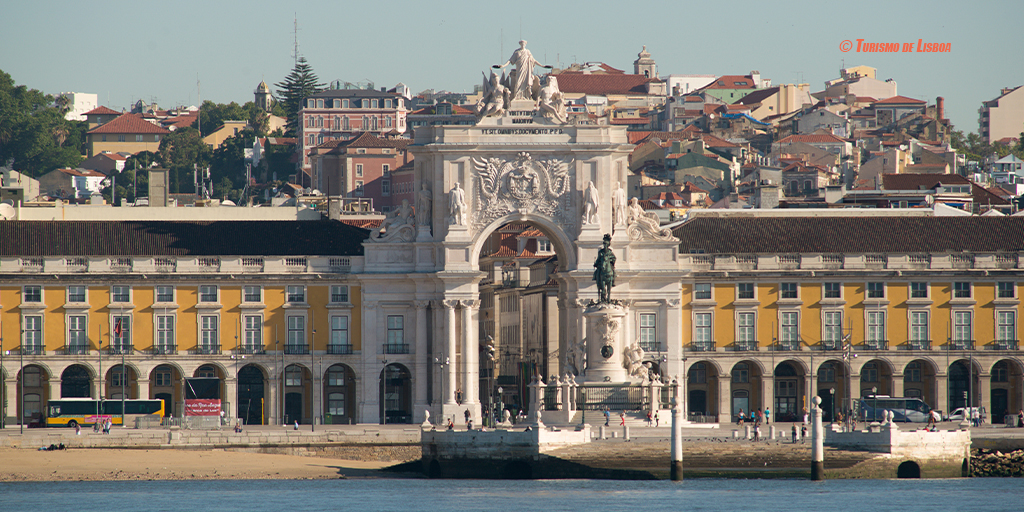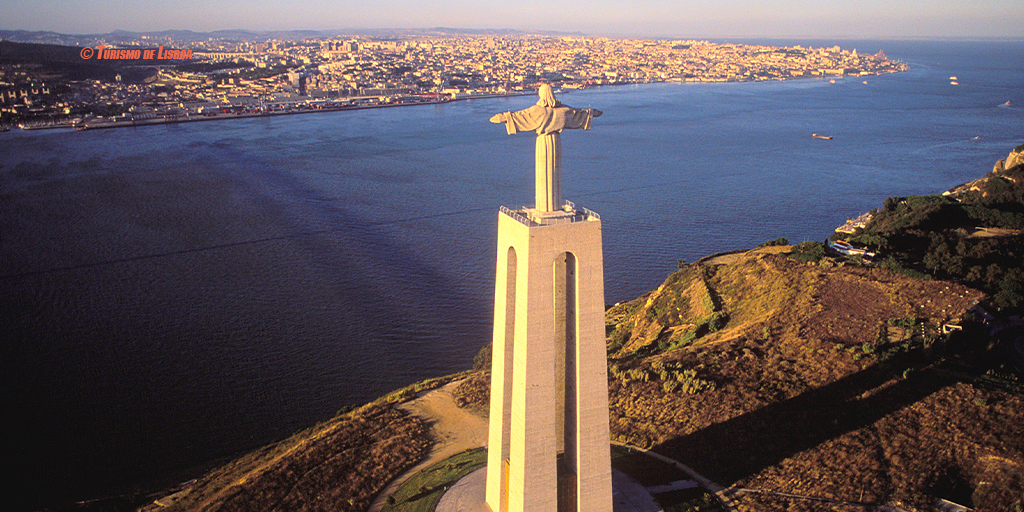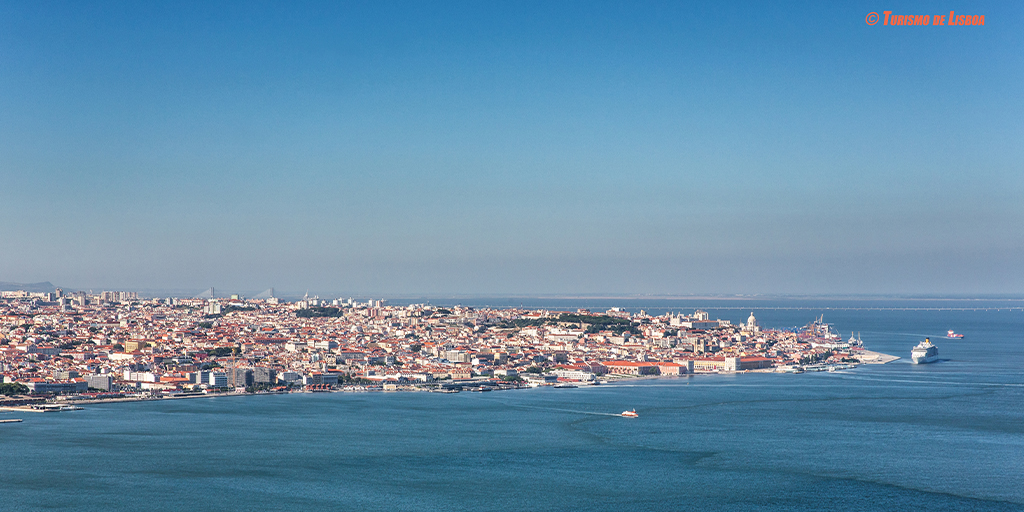#LSA2022 Will Be Hosted in Lisbon and Virtually From July 13-16
AMHERST, Mass. – We are excited to announce the theme of our 2022 Global Meeting that will take place in Lisbon, Portugal and virtually from July 13-16 at the ISCTE University Institute of Lisbon! It will be LSA’s 7th Global Meeting on Law and Society, which is held approximately every 5 years.
The conference is organized in partnership between LSA and other sociolegal associations around the world, including the Research Committee on Sociology of Law (RCSL), the Asian Law and Society Association, the African Law and Society Network, the Socio-Legal Studies Association, the Canadian Law and Society Association, the Japanese Association of the Sociology of Law, the Law and Society Association of Australia and New Zealand, the Brazilian Network on Empirical Legal Studies (REED), the Brazilian Association for the Sociology of Law (ABraSD) and the Sociology of Law and Justice Section of the Portuguese Association of Sociology.
Past international Annual Meetings have been held in Amsterdam (1991), Glasgow (1996), Budapest (2001), Berlin (2007), Honolulu (2012) and Mexico City (2017).
Submissions are not yet open. Please keep an eye out for the official Call for Papers.
Rage, Reckoning, & Remedy
Program Chairs:
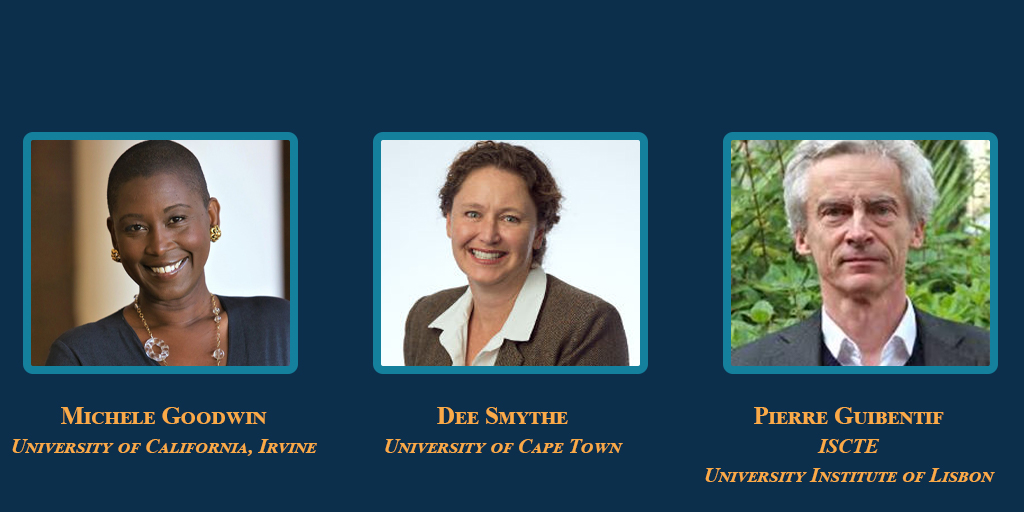
In these times, a shifting world is upon us—one that demands a close examination of equality, freedom, and humanity. At the center of that critical examination are issues of race, colonialism, and the legacies of slavery. As communities demand an end to racial inequality, the urgency to grapple with the pains and realities of the past comes front and center.
While the history of slavery has been robustly centered in the United States, in reality, these global enterprises flourished the world over, creating human subjects and chattel of men, women, and children, in North America, South America, the Caribbean, the Pacific Islands, Australasia and other lands. Portuguese ships alone carried millions of Africans into slavery over a period of four centuries from the mid-15th century.
Even after slavery’s formal abolition, colonization became a rebranded form of human subjugation and subordination, seen vividly through the lenses of Europe’s imperial reaches into Asia and Africa, a precursor for modern forms of slavery and the predatory ways in which modern societies exploit the non-human environment. The violence and exploitation that resulted remains a point of social, legal, cultural and even ecological trauma today.
At the 2022 Global Law and Society meeting in Portugal, we will place these urgent issues at the forefront of our engagement, drawing upon law, history, art, sociology, psychology, politics and culture to give serious attention to the past, while drawing lessons and hope for the future.
Plenary sessions will take up these concerns and center important research and conversations about dismantling and reimagining social, legal, and political structures that perpetuate and instantiate racism and inequality in society. That is, even though slavery and colonialism are tragic common bonds and legacies in the modern world, this meeting will unpack how to move forward to forge more equitable societies.
A key part of our meeting, then, will involve critically examining the success and failures of prior efforts and strategies and remedies for reckoning with colonialism and slavery’s fraught pasts. We welcome scholars from throughout the world to substantively engage on these issues and envision a future that takes seriously the challenges of the past and present.
The 2022 Program Committee invites individual and fully-formed panel submissions for what will be an exciting and challenging meeting. As always, the Program Committee welcomes any scholar studying sociolegal questions to submit a paper proposal. While the pandemic situation remains challenging, we are currently planning for the conference itself to be largely in person, with a limited hybrid component. Any individual panel will be either entirely in person or entirely virtual. We may be able to expand the time slots for panels so as to enhance participation by international scholars unable to travel to Lisbon. For now, however, we request only the substantive proposals. The Program Committee also welcomes the submission of complete panels of four to five papers in languages other than English. Submissions of individual paper proposals will be accepted in English, Portuguese, French, German, Italian and Spanish. Please include a brief English abstract with all proposals not submitted in English.
Again, submissions for #LSA2022 are not yet open. Please keep an eye out for the official Call for Papers.
A Hybrid Approach
Due to the uncertainty posed by the ongoing global pandemic, this year’s conference organizers are currently planning a hybrid approach for those who cannot make the trip to Lisbon in 2022. This includes making some on-site activities and presentations available to virtual participants, while also facilitating completely virtual options for scholars who will not be there in-person.
